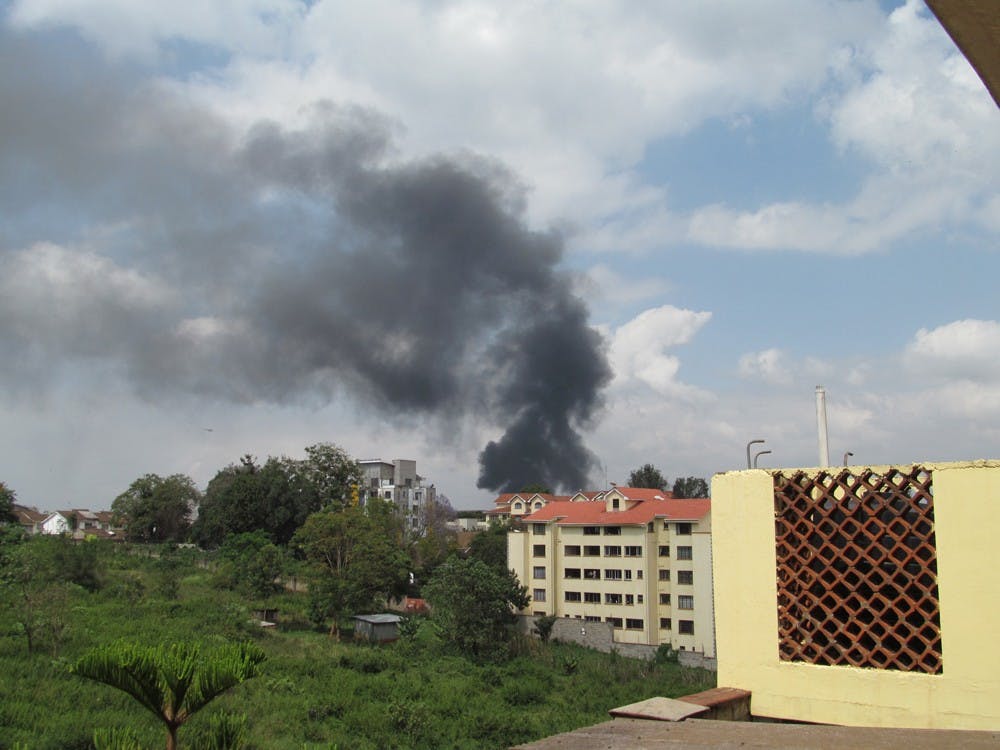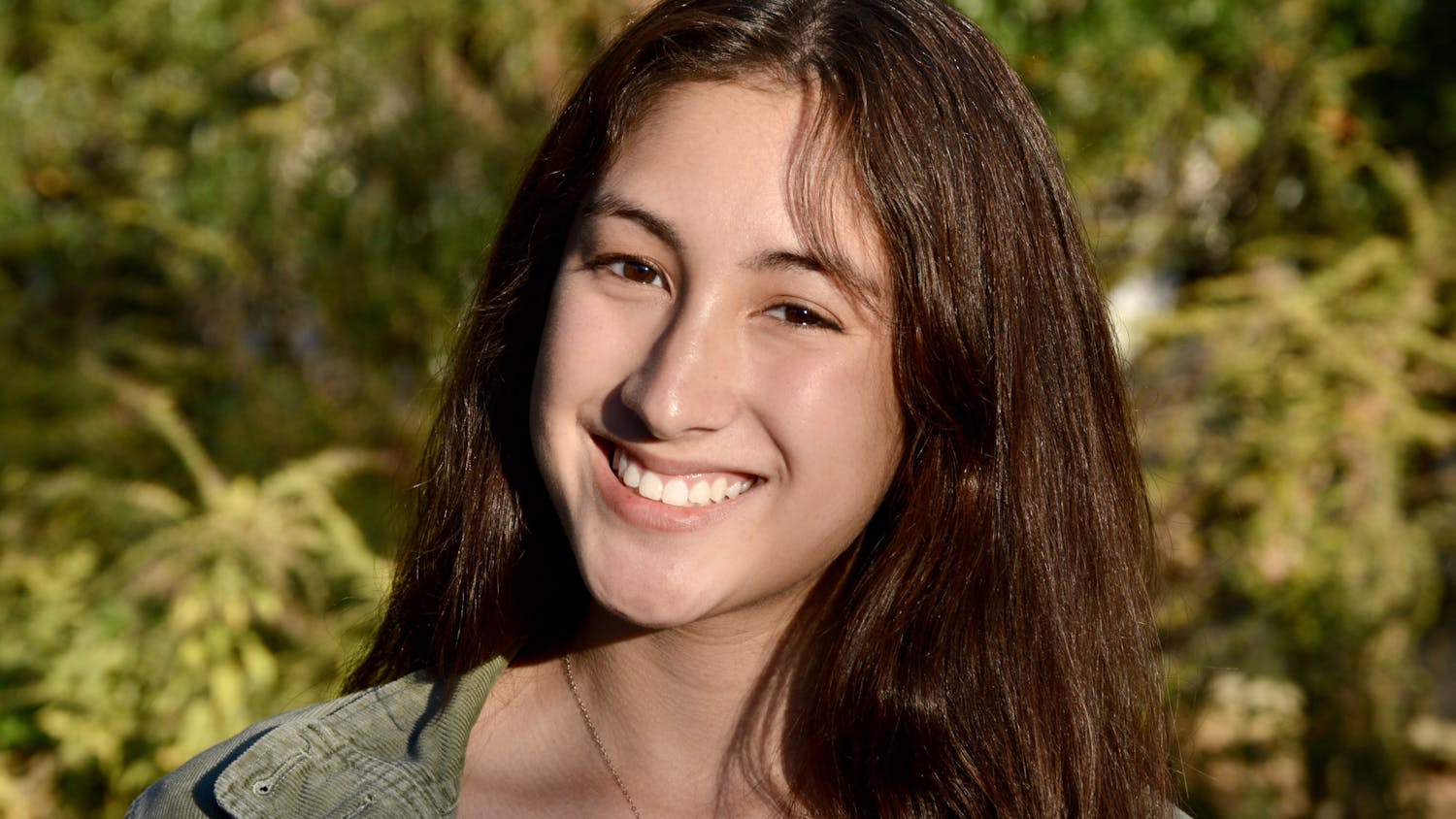It was 9:30 a.m. on Saturday when I checked the news headlines as I waited for the Metro. My eyes skimmed over political news until I saw three words that made my heart stop: “Nairobi mall attack.”
When I read that Westgate mall had been attacked by suspected terrorists I started to panic. I began texting via WhatsApp with my father and friends in Nairobi, as well as my friends at AU whose parents still live in the city.
My father works at the U.S. Embassy in Nairobi and I spent the summer living and working with him. During my stay, I befriended both locals and the children of other Embassy and USAID workers, many of whom go to AU.
Throughout the day my phone was abuzz as friends and family asked me if my father was alright. While they were relieved when I told them he was safe, they seemed confused at how shaken I was. They didn’t quite understand how the attack truly affected me.
When I close my eyes, I can see the layout of Westgate and I know where all the stores are located. A picture online shows dead bodies on the floor of a restaurant called Urban lying in puddles of blood near the table where I sat less than a month ago.
If this attack had happened on Thursday, my father could’ve been one of the many who were killed. If this attack had happened a month ago, I could’ve been there. I was certain when I read about the attack that someone I knew, American or Kenyan, would be dead.
When I met with my other friends who, like me, are Kenyan by soul and not by blood, they felt the same way. They had a hard time explaining why they were affected by the attack when their families and friends were perfectly fine.
We came to the conclusion that Kenya isn’t a typical country. While none of us are Kenyan and spent different lengths of time in Nairobi, we considered it one of our homes. Kenya is welcoming. Its people are warm and loving. It may not harbor all the luxuries of the first world but you constantly see smiles and happy faces.
We also realized that it may take being a foreigner in a developing country to entirely understand why Westgate was a target.
When you move to a country as an American foreigner, especially when you come through the Kenyan Embassy or the United Nations, there are always one or two key places you go. Westgate was popular among the Kenyan elite and American expatriates. You could easily be there every weekend to watch a movie at one of the few movie theatres in Nairobi or to enjoy a nice meal. You could always count on running into someone you know at the Masaai Market.
It was a safe space. A place that had that western feel you often craved. A place with familiar faces and stores that helped cure the occasional homesickness.
In the grand scheme of things, we were lucky. Our families and friends are safe. We have each other.
However, as we were informed of the death of a colleague’s pregnant wife and a student from the International School of Kenya, we sat in silence all thinking the same thing: “I want to be home.”
Julia Greenwald is a junior in the School of Communication. She writes a bi-weekly column which comes out every other Tuesday.





